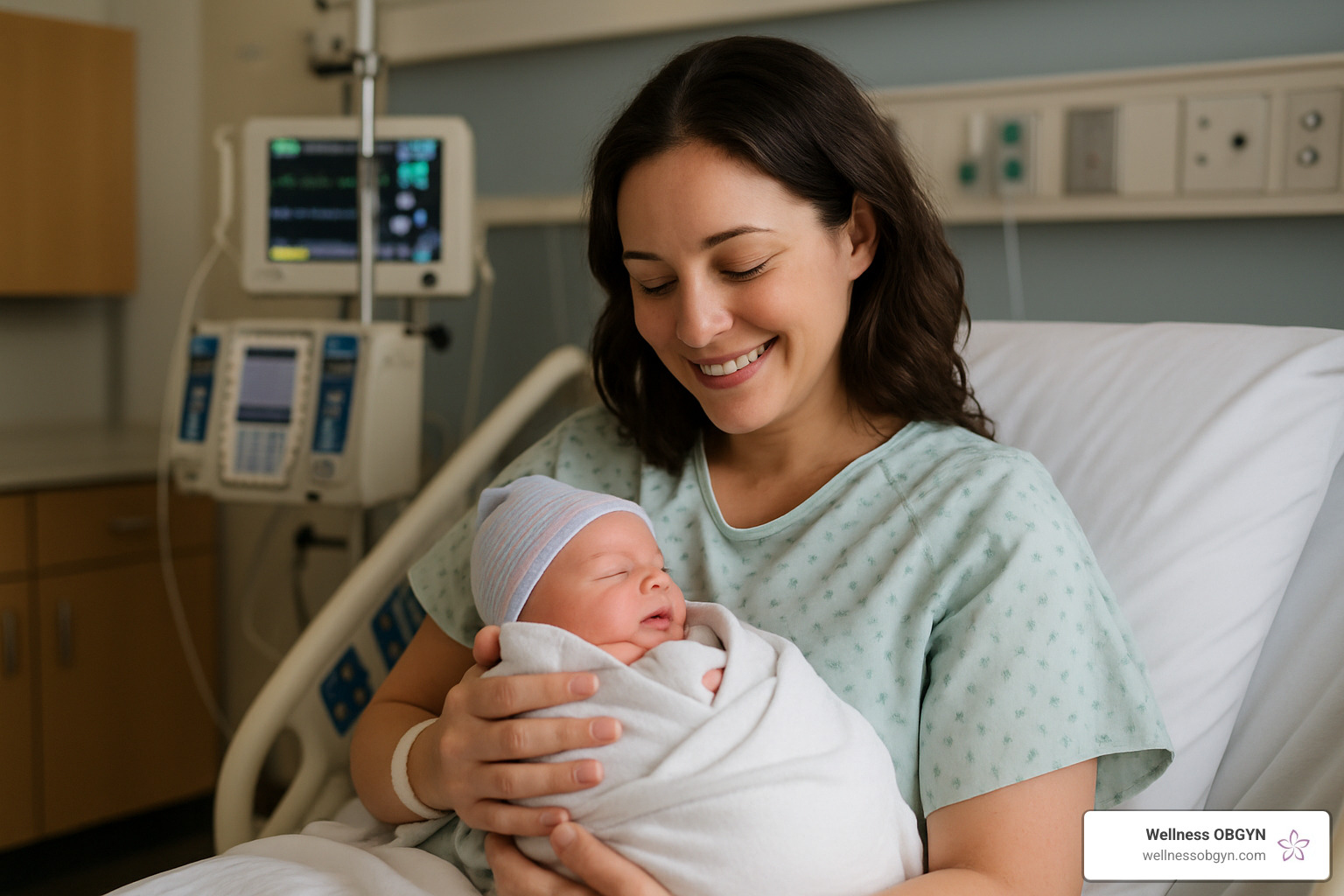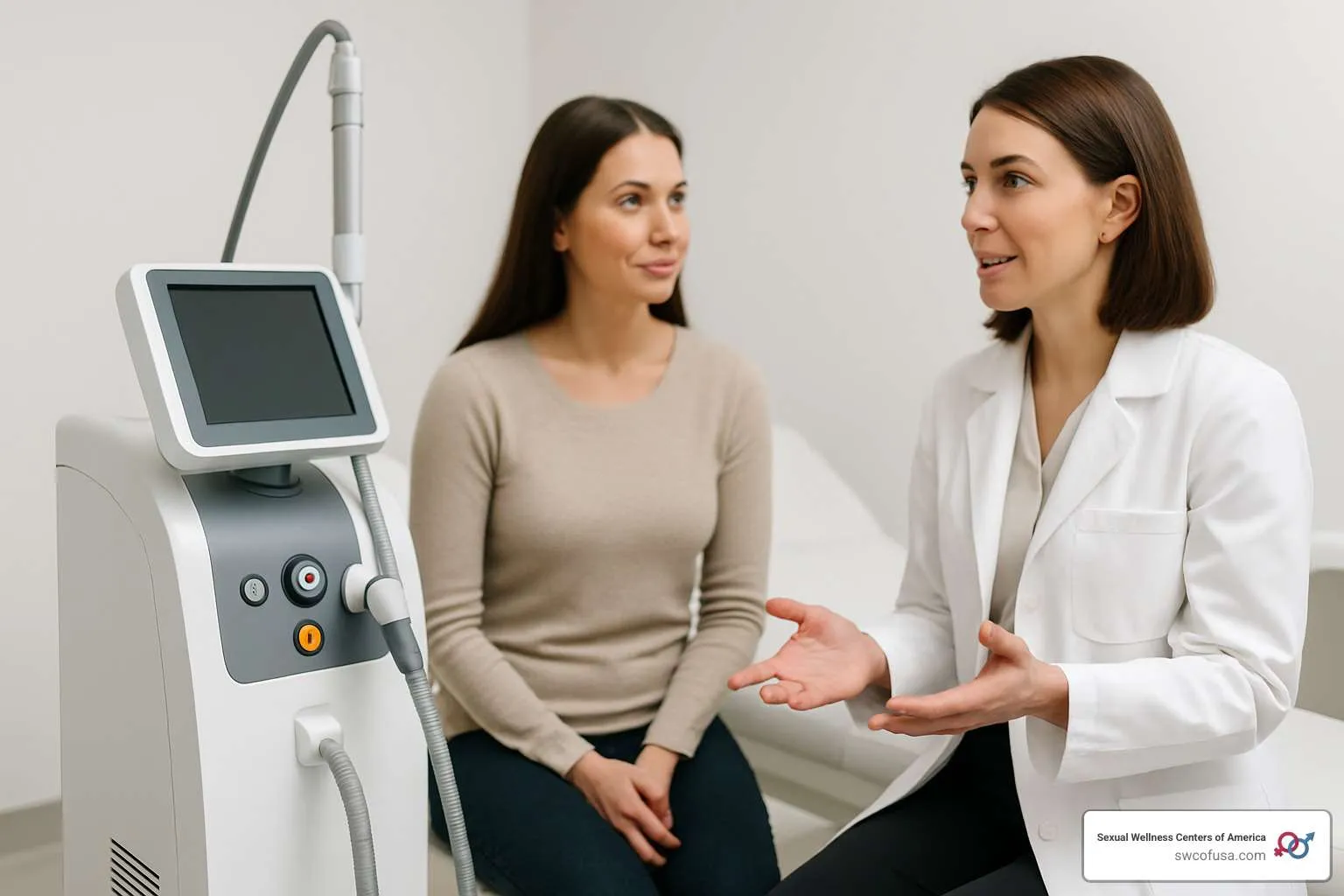Women who delay childbearing until their 40s face unique reproductive challenges. Age affects fertility in several ways, yet many women in this age group successfully conceive with appropriate medical support. Modern fertility services offer various treatment options designed to address age-related fertility concerns. Understanding these services helps women make informed decisions about their reproductive health.
What Fertility Challenges Increase After 40?
Age significantly impacts several aspects of female fertility. The number and quality of eggs decline rapidly after age 35, with this decline accelerating after 40. Hormonal changes also affect ovulation patterns and reproductive cycles.
- Decreased egg quantity: Women are born with all the eggs they will ever have, and this supply decreases steadily throughout life
- Reduced egg quality: Chromosomal abnormalities become more common in eggs from older women, leading to higher miscarriage rates
- Irregular ovulation: Hormonal fluctuations can cause unpredictable or absent ovulation cycles
- Higher miscarriage risk: Studies show miscarriage rates increase from 10-15% in women under 35 to 25-35% for women over 40
- Medical conditions: Conditions like endometriosis, fibroids, and diabetes become more prevalent with age
These challenges significantly affect natural conception rates. Women over 40 typically have a 5% chance of conceiving naturally each month, compared to 20% for women in their 20s.
Which Treatments Are Most Effective?
Fertility services for women over 40 focus on maximizing the chances of successful conception and pregnancy. Treatment selection depends on individual circumstances, including overall health, specific fertility issues, and partner factors.
- In vitro fertilization (IVF): This treatment bypasses many age-related fertility obstacles by combining eggs and sperm in a laboratory setting
- Preimplantation genetic testing: This technology screens embryos for chromosomal abnormalities before transfer, reducing miscarriage risk
- Donor egg programs: These programs use eggs from younger donors, which can significantly improve success rates for women over 42
- Fertility medications: Hormone treatments can stimulate ovulation and improve egg production in some women
- Intrauterine insemination (IUI): This procedure places prepared sperm directly into the uterus during ovulation
Success rates vary by treatment type and individual factors. IVF success rates for women using their own eggs decline from about 40% at age 40 to 15% by age 43. Donor egg programs maintain higher success rates regardless of the recipient’s age.
How Can Specialists Support Women Over 40?
Reproductive endocrinologists specialize in fertility treatment for women of all ages. These specialists conduct comprehensive evaluations to identify specific fertility challenges and develop personalized treatment plans. Their expertise becomes particularly valuable for women over 40, who face more complex fertility issues.
Fertility specialists begin with thorough testing to assess ovarian reserve, hormone levels, and overall reproductive health. They also evaluate factors related to the male partner, which can influence treatment decisions. This comprehensive approach enables targeted treatment strategies that maximize the potential for success while minimizing the time to conception.
The support extends beyond medical treatment. Fertility specialists provide counseling about realistic expectations, treatment timelines, and alternative options. They coordinate care with other specialists when needed and monitor patients closely throughout treatment cycles. This comprehensive approach addresses both the medical and emotional aspects of fertility treatment.
Consult a Fertility Services Provider
If you are over 40 and working toward pregnancy, connecting early with a fertility services provider can help you assess your options and plan an effective path forward. A prompt evaluation gives you a clear understanding of your situation and allows for timely treatment recommendations that match your needs. Experienced specialists offer guidance based on current research and proven strategies. Reach out to a fertility services provider to discuss your individual goals and learn which steps can support your family-building journey. Taking this step now helps you move forward with confidence and clarity.
Social Sharing
Your Content Goes Here
Latest Posts





